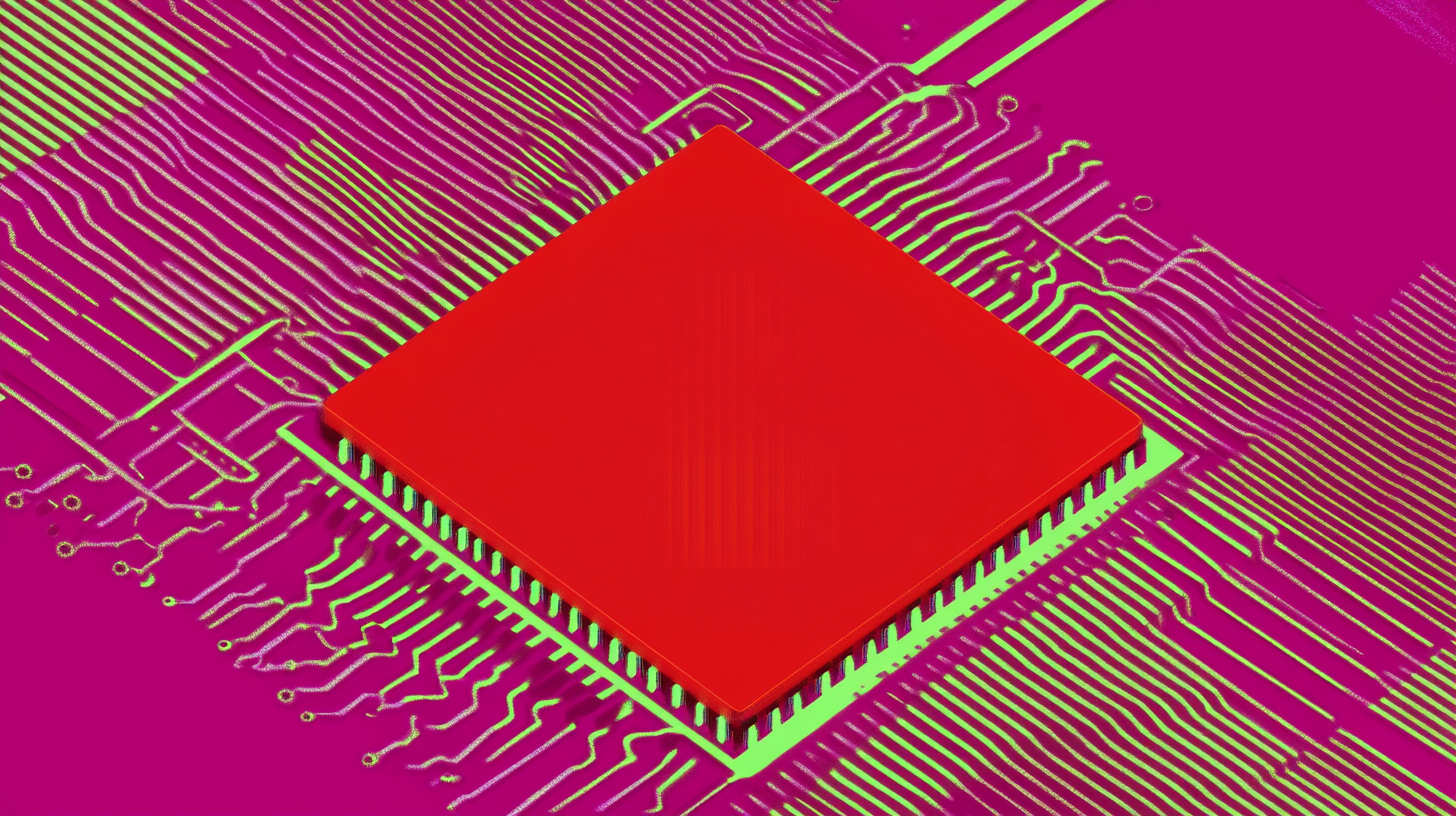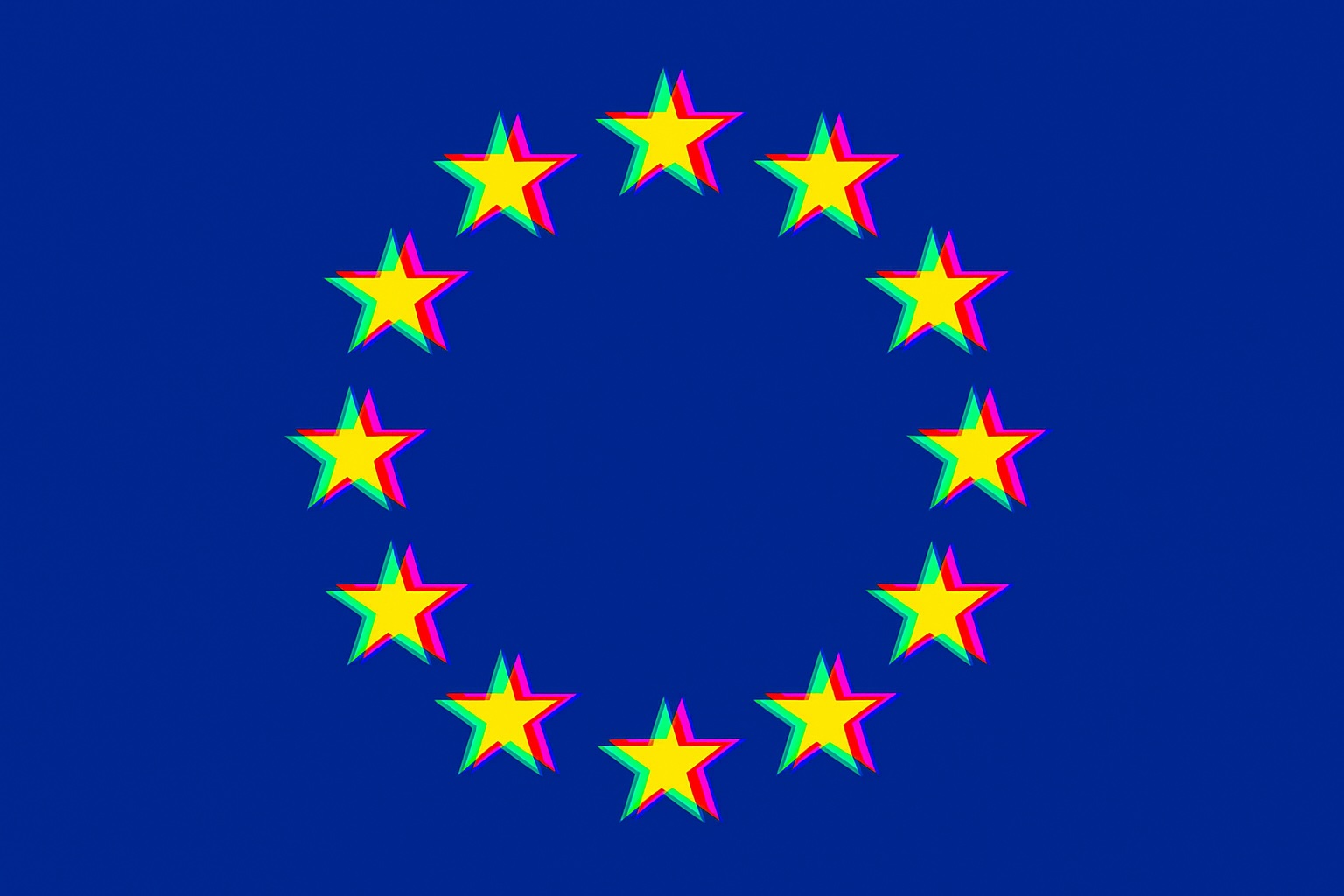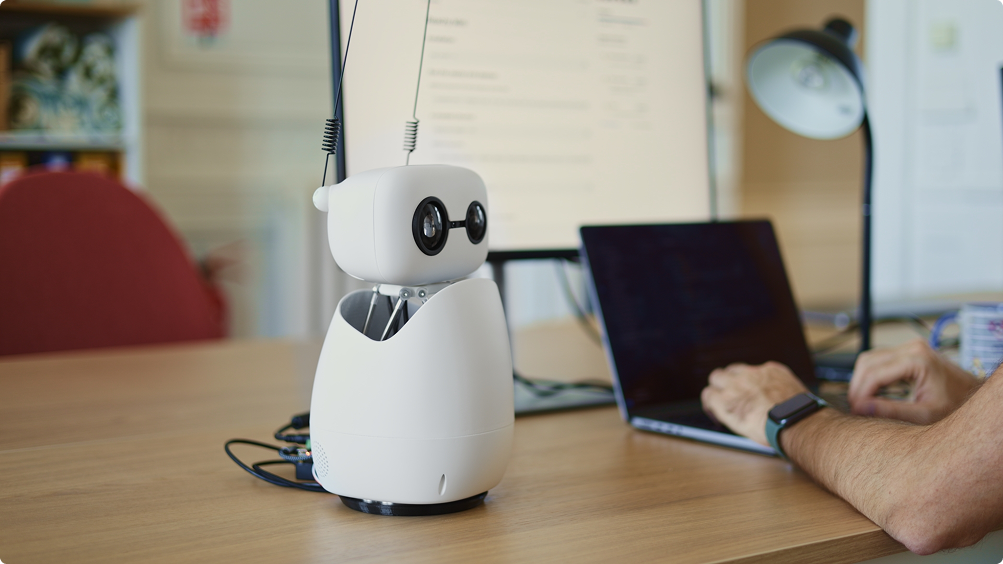Read full article about: Cognition AI has acquired rival Windsurf
Cognition AI, the startup behind the Devin coding assistant, has acquired rival Windsurf. The deal comes after Google licensed parts of Windsurf’s technology for $2.4 billion and hired away several key executives, moves that weakened Windsurf as an independent company. OpenAI was also interested in acquiring Windsurf, but didn’t close a deal. As part of the acquisition, all Windsurf employees are set to benefit financially. Staff with equity will receive early payouts, while others will get partial ownership stakes. The move comes amid intensifying competition among major tech companies like OpenAI, Meta, and Google for top AI talent.
Read full article about: Malaysia tightens grip on US AI chip shipments
Malaysia now requires special permits for transporting high-performance US chips - including those just passing through the country for AI applications.
"Malaysia stands firm against any attempt to circumvent export controls or engage in illicit trade activities by any individual or company, who will face strict legal action if found violating the laws," the country's Ministry of Trade announced.
The new rules mean anyone transporting AI chips from the US through Malaysia - including transit to China - now needs government approval. The move effectively makes Malaysia an extension of US export controls, coming amid growing tensions over China's access to advanced AI chips. The policy takes effect immediately.
Read full article about: Indeed and Glassdoor are cutting 1,300 jobs citing increased use of AI-driven recruitment
Indeed and Glassdoor are cutting about 1,300 jobs, or roughly 6 percent of the workforce at their parent company, Recruit Holdings. CEO Hisayuki Idekoba says the move is meant to make hiring more efficient by using more AI to automate recruitment and reduce manual work. The cuts mainly affect research, development, HR, and sustainability teams in the US, but other regions are involved as well. According to Idekoba, AI already writes about a third of new program code at the company, and that number is expected to climb to 50 percent soon.
AI is changing the world, and we must adapt by ensuring our product delivers truly great experiences for job seekers and employers.
Hisayuki Idekoba
Not everyone in the industry is convinced. While AI can help with programming, critics argue that the technology still isn't good enough to fully replace human developers. Some see these AI explanations as a way to justify layoffs that are really driven by economic reasons.
Read full article about: The startup behind Manus AI shuts down its entire China team to reduce geopolitical risks
Butterfly Effect, the startup behind AI agent Manus, has shut down its entire China team to reduce geopolitical risks, reports The Information. In May, the founders Red Xiao, Peak Ji, and Tao Zhang reportedly moved to Singapore, where the company is now building its new headquarters. It is also hiring in Singapore, the U.S., and Japan, and has opened offices in San Mateo and Tokyo. Until last week, several dozen employees were still based in China, but many have since left. Manus targets the U.S. market, where Chinese connections are increasingly seen as a risk.




